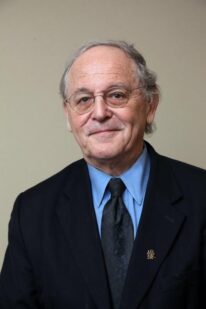April 20, 2022, 12:00 PM
Online
Register for this Event
Online Viewing
In light of the COVID-19 pandemic, this panel discussion will be held virtually, as an online webinar. The event will be recorded, captioned, and distributed at a later date for registrants who are unable to watch live. To ensure that you receive access to the livestream and the recording, register now. We will send out a link to the livestream of the event to all registrants the day before and day of the event. Last registration is 11:30am on the day of the event.
Event Description
The legalization of cannabis has raised significant questions for law and public policy. In this public event, neuroscientist Dr. Yasmin Hurd will explore the science of cannabis, CBD, and the future of substance use disorder treatment. Dr. Stephanie Tabashneck will then moderate a discussion and audience Q&A about the implications for law and policy.
Join the conversation or submit questions on Twitter @PetrieFlom using #LawAndNeuro.
Panelists
- Introduction: Carmel Shachar, Executive Director, Petrie-Flom Center
- Yasmin Hurd, PhD, Ward-Coleman Chair, Translational Neuroscience, Professor Psychiatry and Neuroscience, and Director, Addiction Institute, Icahn School of Medicine at Mount Sinai
- Stephanie Tabashneck, PsyD, JD, Senior Fellow in Law and Applied Neuroscience, CLBB and the Petrie-Flom Center
This event is part of the Project on Law and Applied Neuroscience, a collaboration between the Center for Law, Brain and Behavior at Massachusetts General Hospital and the Petrie-Flom Center for Health Law Policy, Biotechnology, and Bioethics at Harvard Law School.





